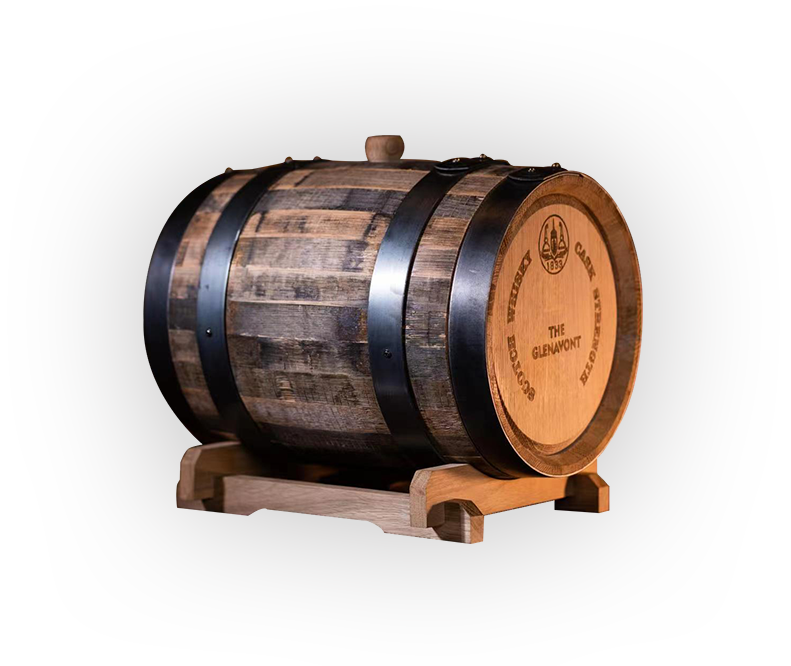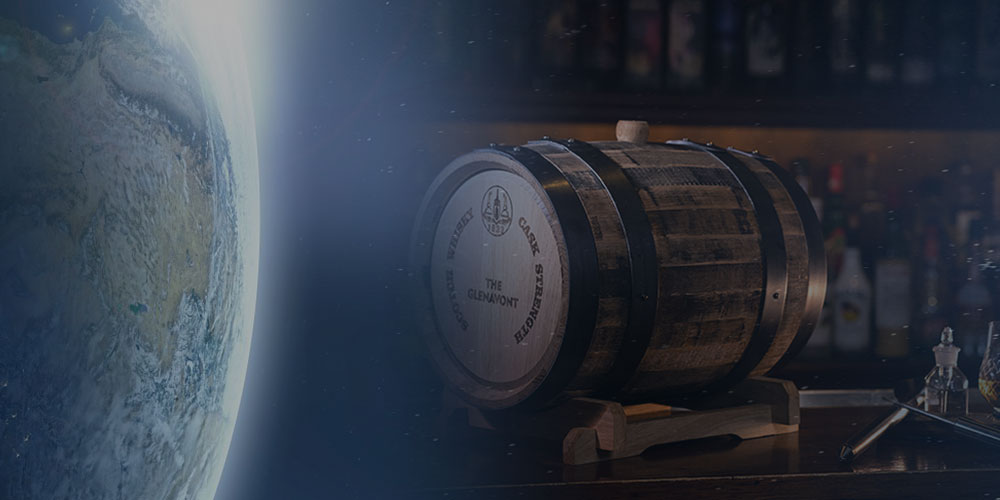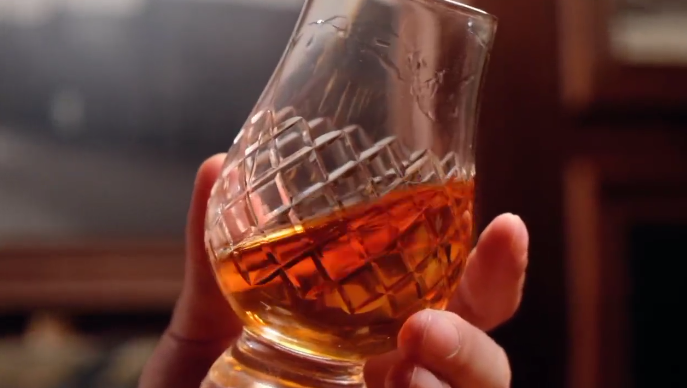




Does a bottle of whisky go bad, and if so, how long does it take to spoil? Problems like this come up repeatedly.
The simple answer is "usually not". Spirits are high enough in alcohol that they themselves act as a preservative, so they hardly go bad (i.e. rot or undrinkable).

However, since the word "usually" has been chosen, it means that the whisky does have situations where it is not drinkable. Once a whisky is bottled, it hardly continues to mature and may degrade. Therefore, there are three major things to guard against when storing whisky.
Air
Exposure to air oxidizes whisky, causing many of the chemicals that give whisky its flavor to break down. A new, unopened bottle of whisky is hardly threatened by oxidation as its cork and wax/plastic/foil seal are intact, with only a small amount of air trapped in the bottle. However, things are different after opening the bottle.
The most common oxidation problems occur when whisky is opened and poured. This not only replaces the whisky in the bottle with air, but also increases the ratio of air to remaining liquid. Even so, the change in whisky is a slow process, not at all like beer or wine spoiling.
If you want to compare the actual effect of oxidation, you can expose a glass of your familiar whisky to air for 24 hours and then taste it. The difference will be noticeable, especially when you try it against freshly poured wine.
The general rule is that once a 700 or 750ml whisky bottle is half-filled, the whisky will not noticeably lose its flavor in about a year, and some may take two years to lose its flavor significantly. If you fill the bottle to 1/3 or less, the change will speed up due to the larger air to whisky ratio, and it may take only three months for you to notice a loss of flavour.
illumination
Direct sunlight is a big no-no when storing wine, as UV rays can break down the macromolecules in whisky. That's why a lot of whisky (and other forms of tannin-rich alcohol) are bottled in green, brown, and black glass.
volatilize
Although less severe than exposure to air and light, another enemy of whisky collectors is alcohol evaporation. Alcohol is volatile in part because it has a relatively low boiling point.
Heat will accelerate the evaporation of alcohol, so keep the whisky in a cool place to control its evaporation. So, you should never store whisky in a sweltering attic or near a radiator.
what can we do

The best place to store whisky is in a cabinet, cellar, or anywhere you can keep it dark most of the time. In fact, we always tend to exaggerate the impact of light on wine. Think about it, a bottle of whisky can sit on a liquor store shelf, and they can be exposed to some light, but not direct sunlight, without any noticeable degradation over the years. This means that you can display your collection, as long as it is never in direct sunlight and you really intend to drink it in the near future, the light doesn't matter. Storing in the dark is only necessary if you plan to keep the whisky for a long time.
To deal with volatilization or oxidation, we must first pay attention to the maintenance of the plug. Screw caps and plastic stoppers should be fine, but contact with highly alcoholic liquids can break cork stoppers. In addition, prolonged contact with the cork can give the whisky an unpleasant taste.
For these reasons, store the bottle upright and pay attention to the cork when opening the bottle. Loose corks can increase oxidation and volatilization.
If the cork of your bottle is broken, or there is only a small amount left in the bottle, and you want to stock up on that, the best solution is to transfer the whisky to a new, smaller container. This both reduces the amount of air in the bottle and relocates the wine to the proper airtight environment.

TEL:4006569976
WECHAT:THE GLENAVONT
Copyright GLENAVONT CO.,LTD All Rights ReservedKEEP ON RECORD :鲁ICP备xxxxxx号-xTECHNOLOGY :DaauuSITEMAP


